Over the course of hundreds of conversations about relationships, Iona Lawrence identified a shared challenge around measurement: We don’t know how to measure relationships or whether the game of measurement is futile.
In this blog, we seek to kickstart a generative conversation around the question of how we capture the added value of a relationship-centred approach, and whether this is a useful pursuit. We’d love to hear your experiences, challenges and ideas.

We are collectively in a place where the question of how best to measure or value relationships is deeply contested. For some people measurement is the most important shared challenge anyone interested in relationships has: if we can get better at consistently measuring the impact of relationships we might be able to nudge the skeptics away from believing that relationships are ‘fluffy’ or a nice extra.
Yet for others the act of measuring the value of relationships on terms set by funders or commissioners can threaten the very essence of them.
Wherever you are, a huge amount of energy is poured into the question of how we articulate the value of relationships, and this is threatening our resolve.
Let’s open up the question of how we measure relationships and see whether, together, we can make some progress.
What?
What are we trying to measure or assess when it comes to relationships? Why? What and who are we doing this for?
1. Relationships themselves: sometimes, we might want to measure relationships themselves, whether individual relationships or networks of relationships. We may seek to understand where they are strong, where they are weak, where they are missing. Doing so will help us to see where our relationships need a little nurturing, and where bridges need to be built.
2. The added value of relationships: we might want to measure the outcomes of good relationships or relationship-centred ways of working. Doing so would help us to demonstrate the things good relationships enable us to achieve (better health, greater happiness, higher grades etc) and prove the value of relational work to skeptics and non-believers.
3. Relational practice: at other times, we might wish to look inwards at our practice to assess the extent to which our methods, culture, values and approach enable good relationships to thrive. Doing so would help us improve our relational practice.
What are you seeking to measure when it comes to relationships? Why? Who is the assessment for and what do you hope it will achieve?
How?
How should we go about trying to measure relationships? What are the risks and challenges? What approaches work best or have potential? Where can we look to for inspiration?
Too many commissioning contracts require the completion of impact surveys which, in their deficit-based questioning, can strip people of their agency rather than recognise the power in people’s stories. Too many loneliness measures are academic, remote and cold. Many of these tools perpetuate division and isolation, rather than measure it, much less solve it.
How do you approach measurement and evaluation? Which methods seem to work well and which don’t?
To what end?
How do we then bring what we find and learn about the value of working in relational way together to tell a compelling story and convince others that this is the road we must all travel?
One critical task is not simply to commission new evidence to fill the gaps, but to pull the evidence together better. There’s a job to be done to distill existing evidence sets and disseminate knowledge that emerges in a more coherent and confident way
To strengthen our case we need to double down on the ‘so what’ of relationships. We must surface the evidence of the longer term impact of good relationships. What do good relationships mean and achieve in the long run?
What difference do strong and meaningful relationships make in your organisation or community? What do they enable you to achieve which would’t otherwise be achieved?
Join us
On Tuesday 8th June we’ll be exploring these questions in an open conversation. Together we’ll:
- Share what we’re trying to measure when it comes to relationships
- Explore the challenges and key considerations of measuring relationships
- Share ideas and approaches to doing so in a sensitive, human-centred way
We’d love it if you’d join us.
Read more
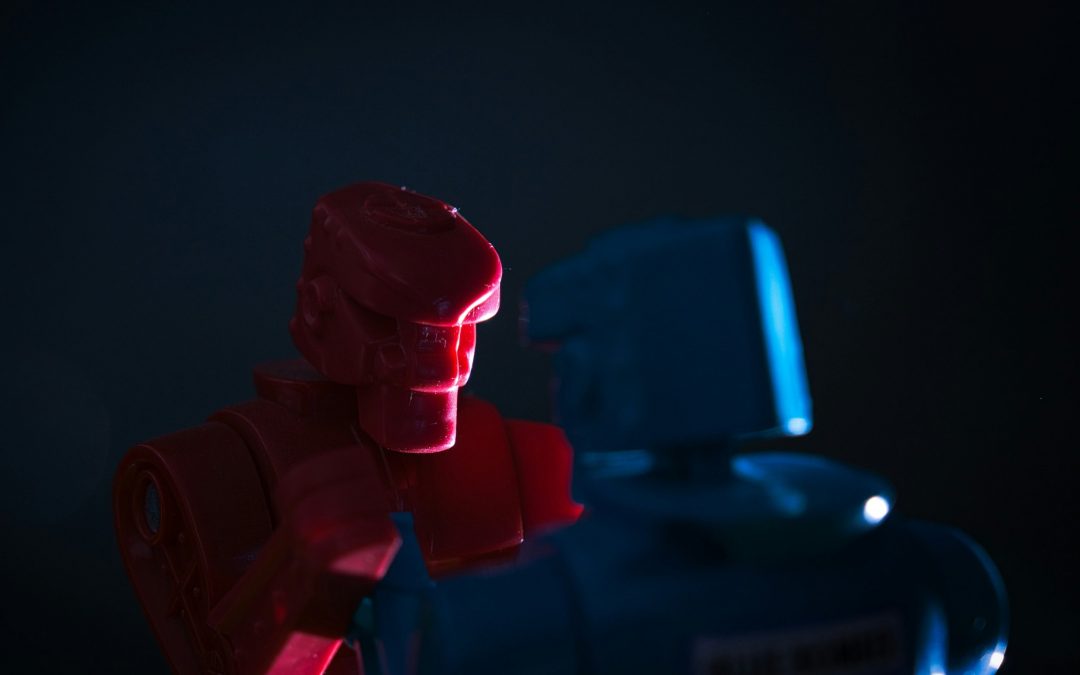
Hearts vs handbooks? Relationship-centred practice in schools
In brief In this blog, Verity Howorth - Relationships Collective member and Director of Training at Reach Foundation - speaks to Jonathan Black, Headteacher at Bridgewater College Academy, about the need to centre relationships in our schools. Only by doing so, they...
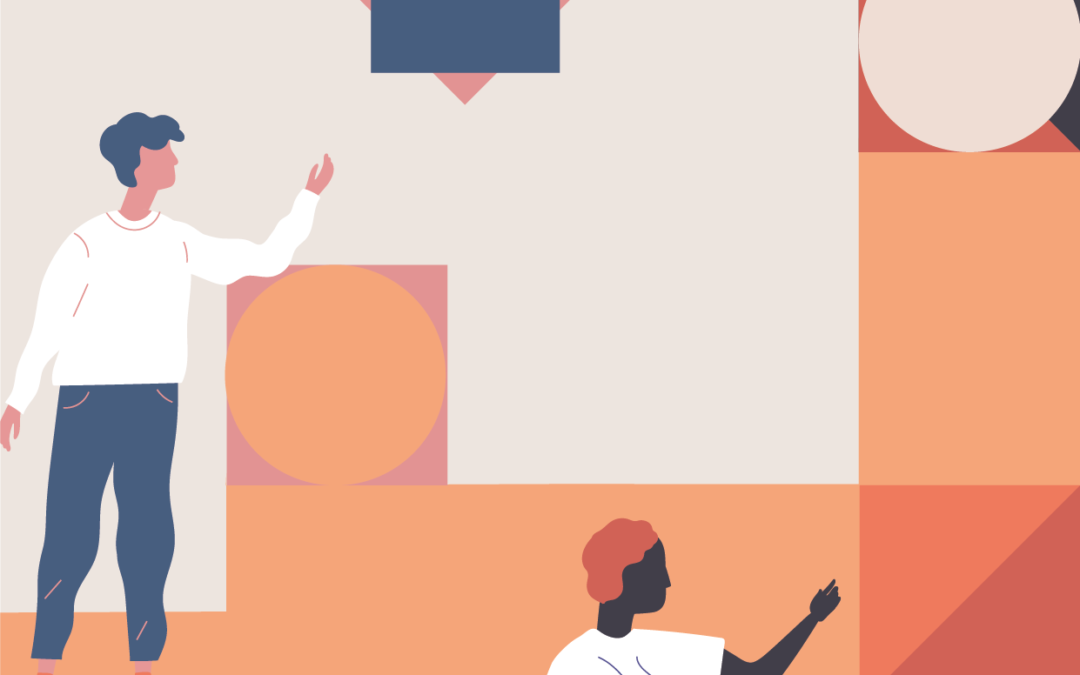
Revolution, from the group up
In brief As an election looms David Robinson reflects, in this very personal blog, on the stories of relationship centred-practitioners as told in our the Relationships Case Maker. Faraway from Westminster and Whitehall, he says, the relationship-centred revolution is...
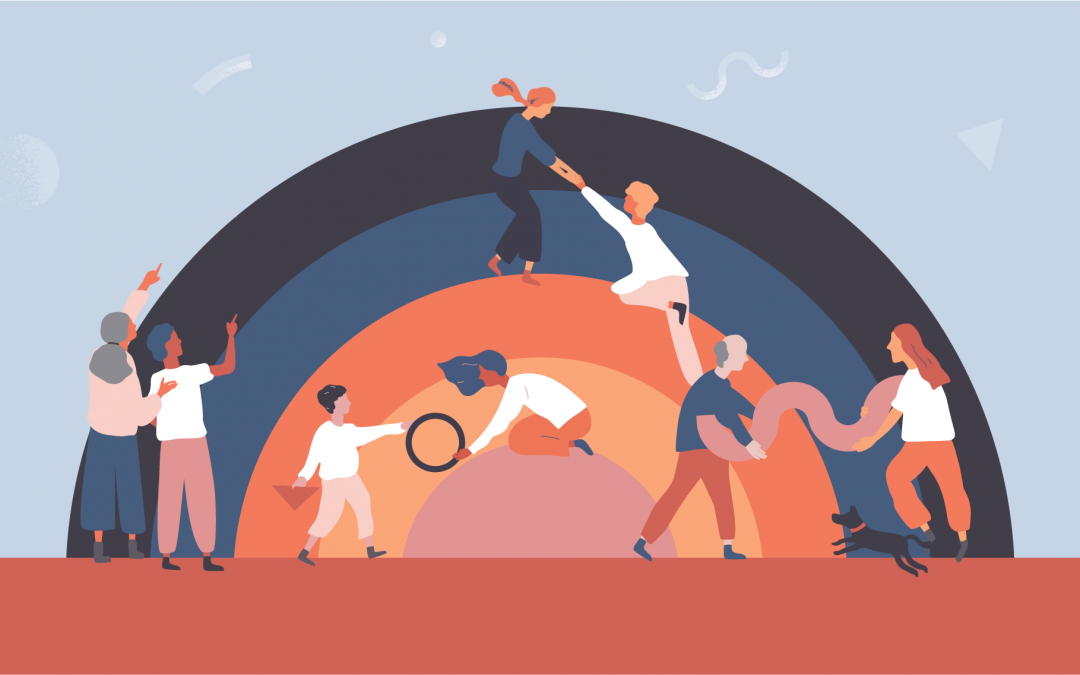
Changing our permissions
In brief Every community and every organisation is shaped by norms, assumptions and rules. They condition our behaviour, determine what is and is not permissible, and mould our relationships. Here, David Robinson discusses changing our permissions; a theme that we...
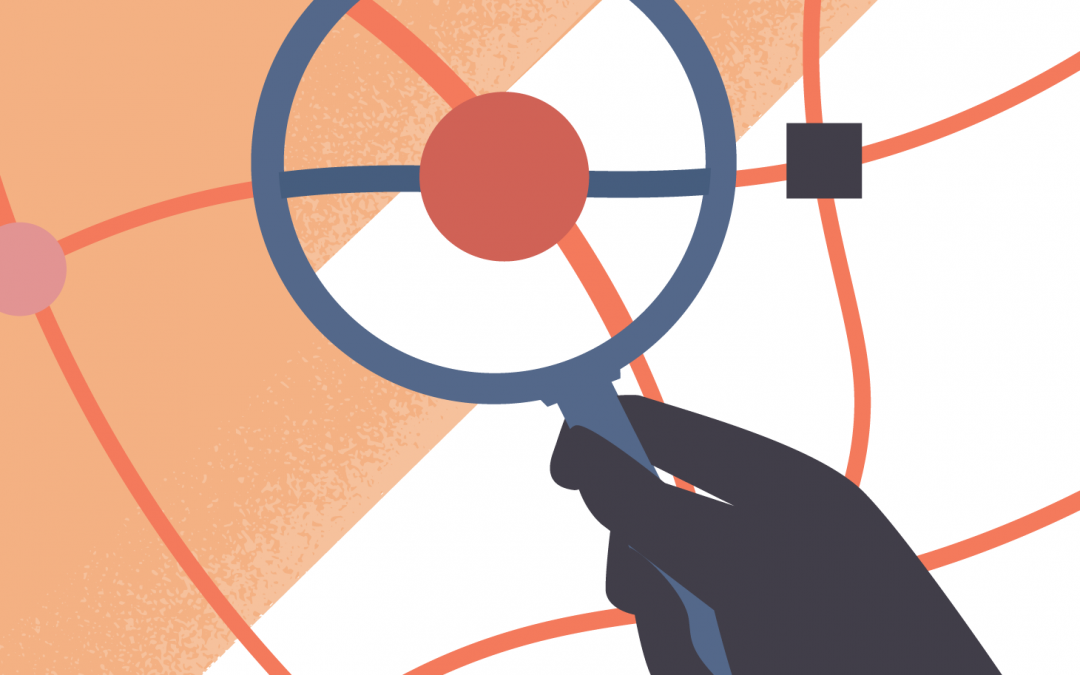
Relationships Learning Network Update
In brief In this blog, Neil Denton gives an update on the Relationships Learning Network which gathered for the first time in September 2023. Neil outlines some common areas of interest and interdisciplinary interest and invites you to join us in strengthening links...

Pattern Library Update
In November 2023, we shared our very early stage thinking around a Pattern Library for Relationship-Centred Practice and invited anyone who was interested to join us in developing the idea. Through their thoughtful feedback and ideas, our Critical Friends have brought...
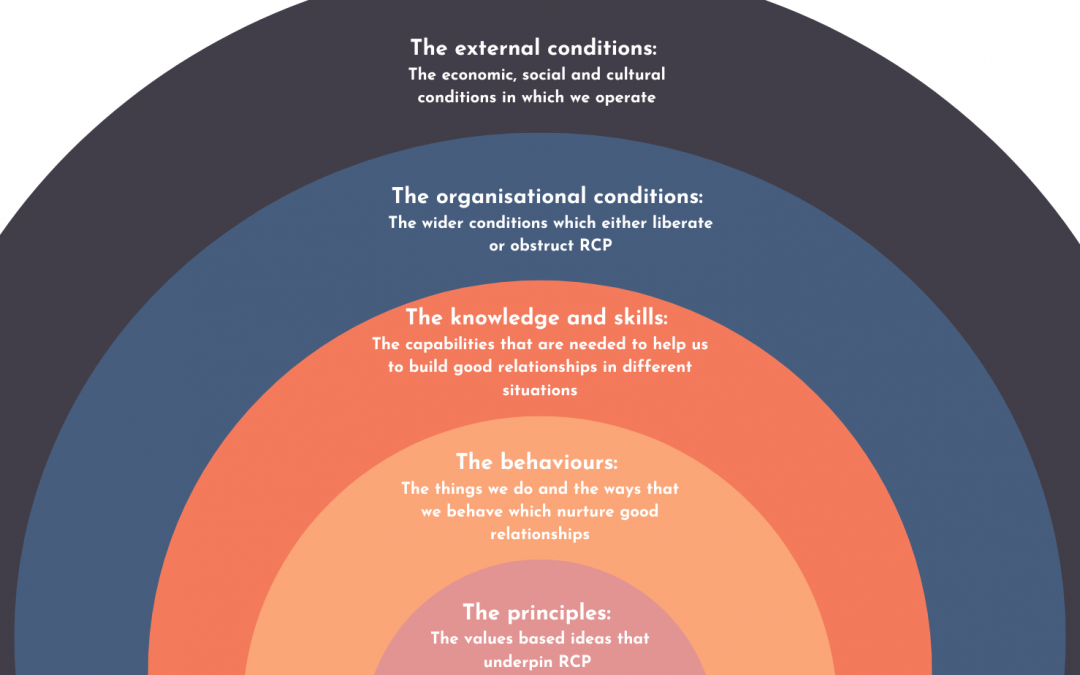
What we mean by relationship-centred practice
Key Concepts | What we mean by relationship-centred practiceRelationship-Centred Practice puts relationships first. It unlocks potential and meets need by positioning meaningful and effective relationships as the first order goal, both an end in itself and the means...
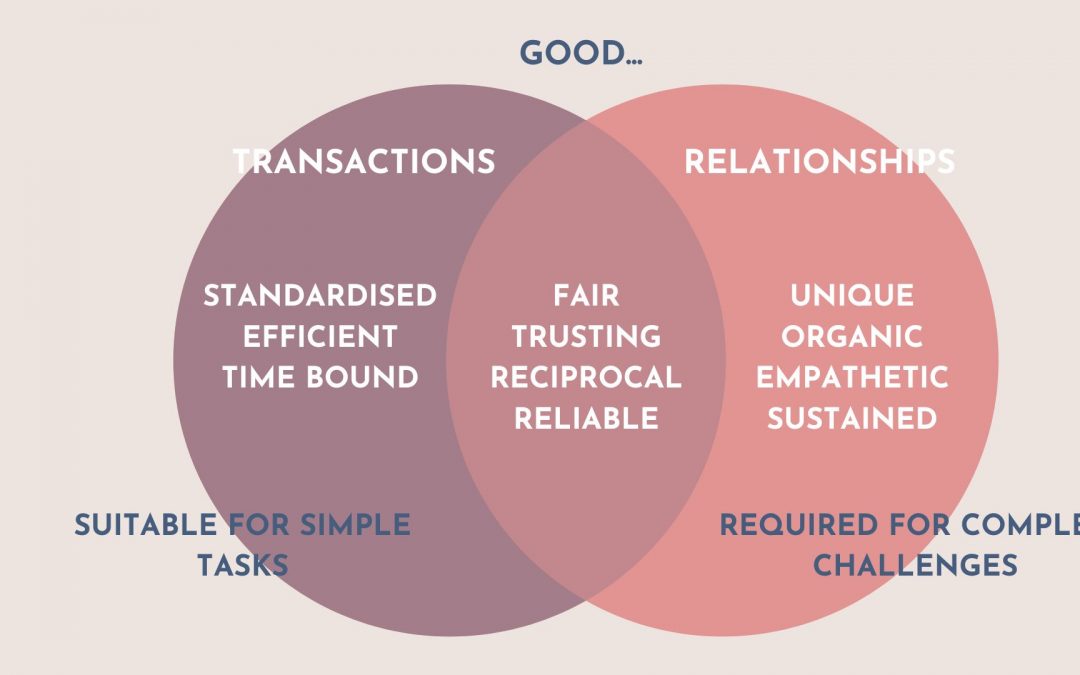
What we mean by good relationships
Key Concepts | What we mean by good relationshipsWe often use the word ‘relationship’ to mean different things – from the relationship we might have with our bank to the relationship we might have with a family member. To draw out what we mean by good relationships,...
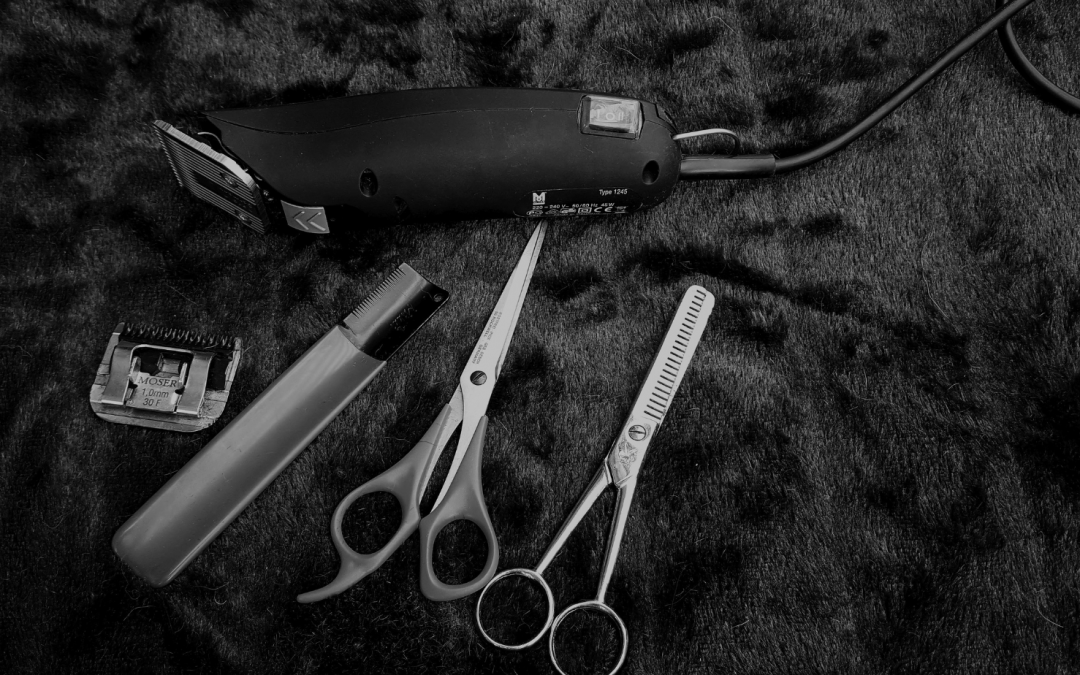
My barber: Putting relationships first
Last week David Robinson wrote about the failures of the Post Office and the implications of putting relationships last. This week he reflects on the success of a very different kind of business.Putting relationships first I don’t spend a lot of money on my hair, but...
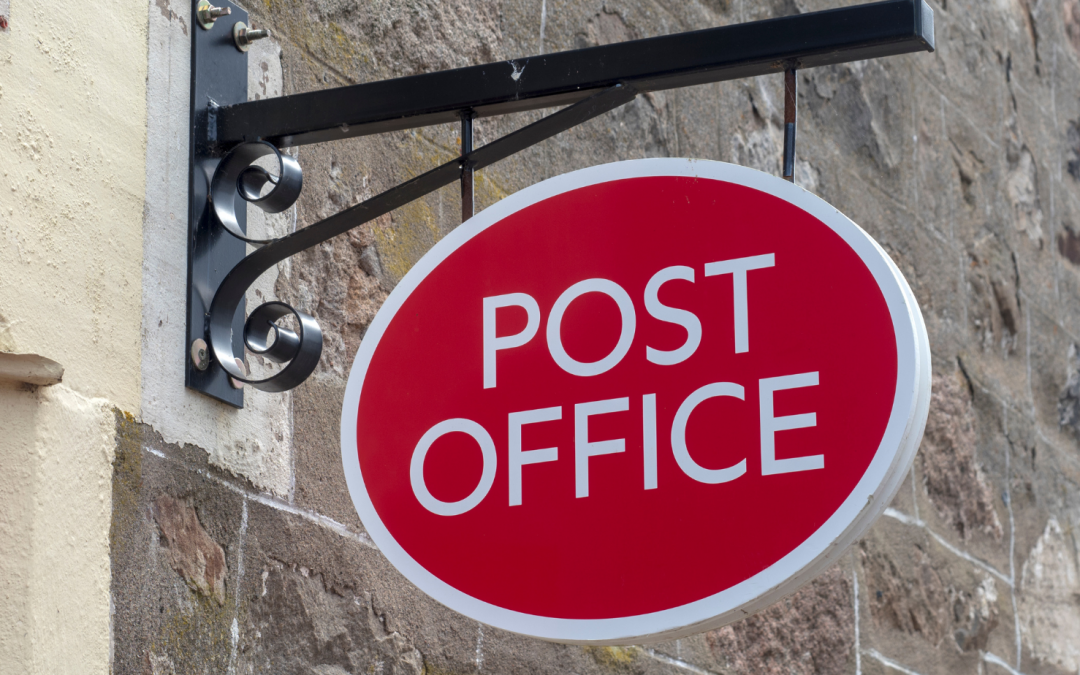
The Post Office Scandal: Putting Relationships Last
Mostly on the Relationships Project blog we talk about the value and importance of putting relationships first. The Post Office Horizon scandal, dominating the news in recent days, has made us think about the grim consequences of doing the opposite - putting...
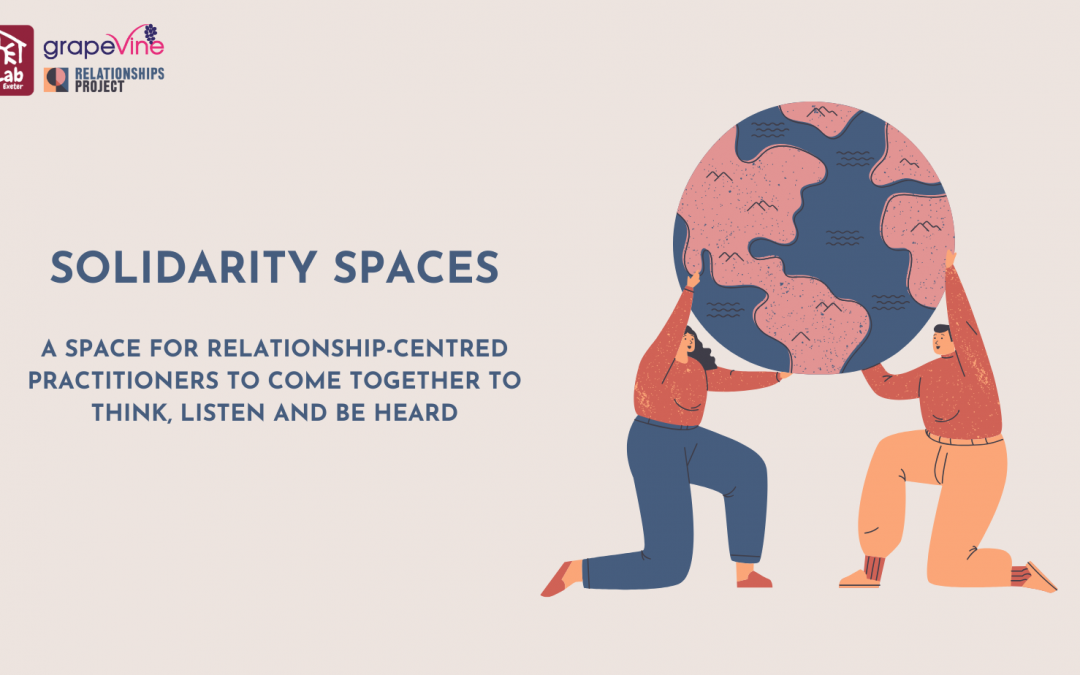
#SolidaritySpaces
Working in relational ways is joyful, empowering, revolutionary. In putting relationships first we unlock our shared humanity, we bring love into unloving spaces, and we acheive things we couldn't otherwise achieve. But working in relational ways can also be tough,...
